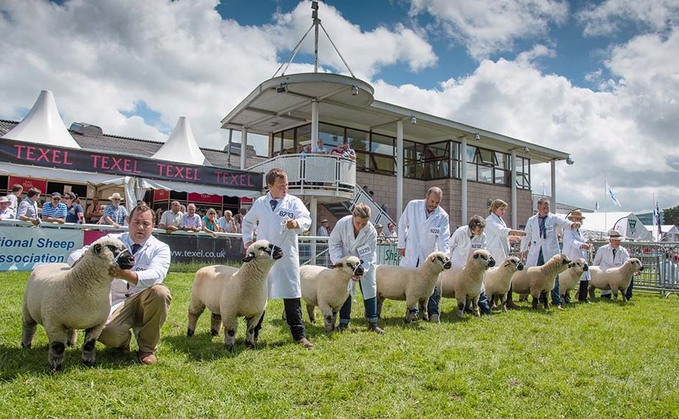
As we look back on the landmark year that is 2020, Hannah Park takes stock of the impact it has had on the country's agricultural shows forced to close their gates this season and livestock exhibitors...

As we look back on the landmark year that is 2020, Hannah Park takes stock of the impact it has had on the country's agricultural shows forced to close their gates this season and livestock exhibitors...
Choice of 9 x 2 Year Old Pedigree Charolais